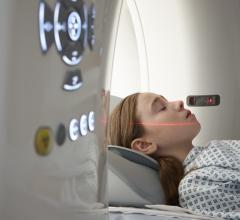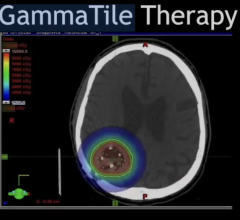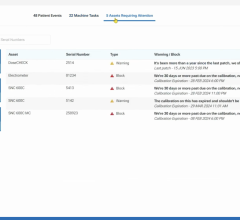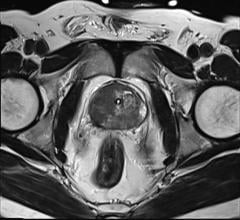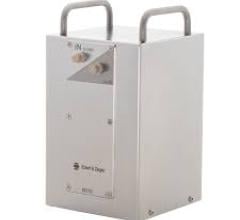
Navidea Biopharmaceuticals, Inc., a biopharmaceutical company focused on precision diagnostic radiopharmaceuticals, announced the completion of a study of its novel radiopharmaceutical NAV4694 as a biomarker for visual detection and quantification of cerebral ?-amyloid in diagnosing Alzheimer’s disease (AD). The study was designed and conducted by Navidea’s partner, AstraZeneca, to assess the effects of various mass amounts of AZD4694 (NAV4694) on safety and the efficacy of positron emission tomography (PET) scanning in subjects with AD and in healthy volunteers (HVs). Evaluations were completed on the effects of two mass doses of the radioligand on binding parameters and overall image quality. These endpoints are typical and important requirements of drug registration dossiers filed with regulatory authorities for approval of diagnostic agents.
The completed trial was an open-label, non-randomized, multi-center, PET study in a total of 16 individuals (eight with mild to moderate AD and eight elderly HVs) each imaged on two PET systems at Karolinska Institutet sites in Stockholm, Sweden. The study included elderly HVs to demonstrate that no unexpected tracer mass effects of AZD4694 (NAV4694) in subjects with low or no cerebral ?-amyloid occur; to compare imaging parameters from healthy, non-AD subjects with those from subjects with AD; and to extend the safety database.
“We are very pleased to have completed this study addressing some of the fundamental requirements of diagnostic imaging agents seeking approval. We continue to make exciting progress with NAV4694, which has demonstrated important performance characteristics that we believe position it as a true ‘best-in-class’ second generation agent to aid in the diagnosis of Alzheimer’s disease,” said Cornelia Reininger, M.D., Ph.D., Navidea’s chief medical officer. “As previously reported in other Phase 2 studies, NAV4694 exhibits the strengths of 11C PIB, the benchmark amyloid imaging agent, but, as the agent is radio-labeled with 18F, has distribution characteristics that make it more practical to use. The data from these studies suggest that NAV4694 shows favorable sensitivity, specificity, rapid brain uptake yet decreased white-matter uptake which affords improved image clarity.”
Reininger added, “We remain very enthusiastic about the potential of NAV4694 to advance clinical capabilities in diagnostic and therapeutic development for Alzheimer’s disease. Results from this study are expected to be reported at the 2013 Annual Meeting of the Society of Nuclear Medicine and Molecular Imaging. We look forward to initiation of the NAV4694 Phase 3 study in 2013.”
Navidea is also announcing that it has expanded its relationship with AstraZeneca and obtained rights to two additional ?-amyloid imaging agents. AZD2184 and AZD2995 expand Navidea’s intellectual property portfolio and are positioned for research use to further establish its leadership within the AD community in basic science research. AZD2184 and AZD2995 are 11C Positron Emission Tomography (PET) radioligand tracers discovered by AstraZeneca in collaboration with Karolinska Institutet in Stockholm. AstraZeneca entered the agreement to ensure that the compounds are available to KOLs and academic centers. Both parties believe that these agents may serve as useful laboratory tools to support additional investigation of Alzheimer’s disease. Financial terms related to the granting of the additional rights were not disclosed as they were not material.
About NAV4694
NAV4694 is a Fluorine-18 labeled precision radiopharmaceutical candidate for use in the imaging and evaluation of patients with signs or symptoms of cognitive impairment such as AD. It binds to ?-amyloid deposits in the brain that can then be imaged in PET scans. Amyloid plaque pathology is a required feature of AD diagnosis and the presence of amyloid pathology is a supportive feature for diagnosis of probable AD. Patients who are negative for amyloid pathology do not have AD. AZD4694 was licensed from AstraZeneca in December 2011.
For more information: www.navidea.com

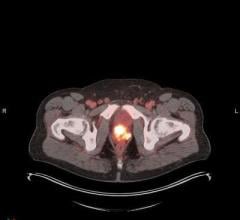
 May 08, 2024
May 08, 2024 

